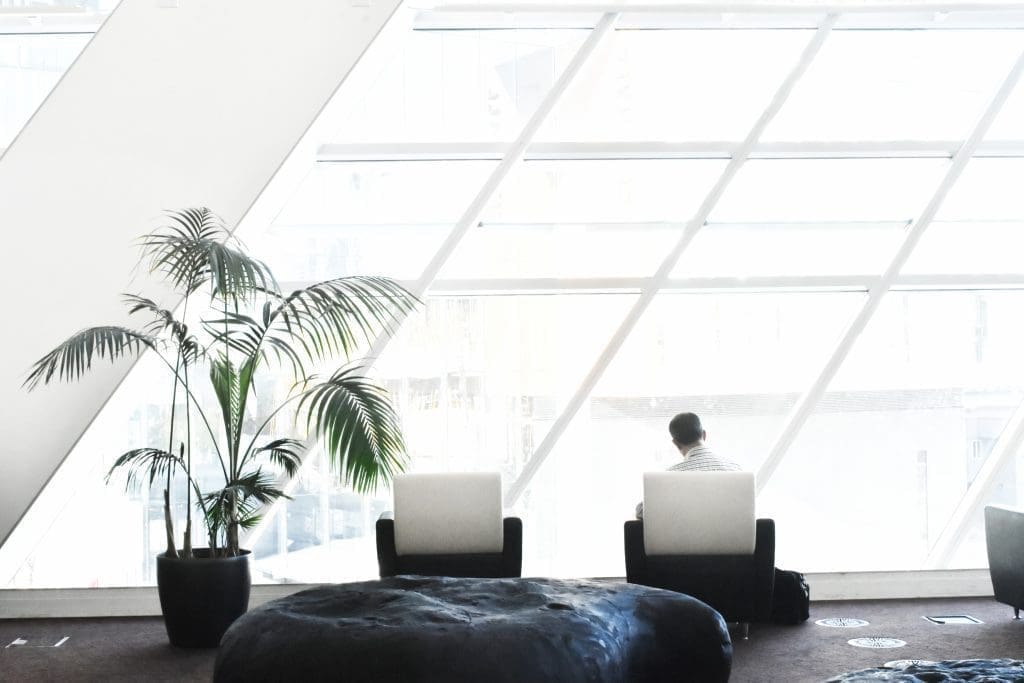The Business of Influencing in the UAE
The ability to influence has been a topic of dialectics for centuries – how the influence was obtained, how it was used, how much of it was at stake. When the topic of influence comes up, we may refer to great writers, composers, or philosophers. But these days the discussion of influence brings about names like Kylie Jenner, Selena Gomez, and The Rock. Influence is more powerful and puissant than ever before and that is solely due to the insurmountable ascent of social media. The social media marketing wave is truly remarkable; a conservative estimate of the new industry falls at around USD 1.28 billion, with brands estimated to spend USD 15.1 billion on influencer campaigns by 2022.
Nonetheless, some influencers fail to do the sole job that they claim to be proficient in – influencing. In 2018, Luka Sabbat, a self-proclaimed “Creative Entrepreneur exploring all the world has to offer. Stylist, Creative Director, Design Director, Actor, Model, etc” with 2.3 million followers on Instagram, was sued by Snap, Inc. for his failure to ‘influence’. Sabbat had been contracted by Snap, Inc. to promote their line of eyewear by posting three Instagram stories and one Instagram feed post during fashion week in New York, Paris or Milan, along with being photographed wearing the product during Paris or Milan fashion week. Sabbat was sued on the basis that he did not post all of the required material and was not photographed wearing the product. In 2019, Sabbat was sued once more by Konus, a streetwear brand, for failure to participate in a photo shoot for the brand’s look book and failure to share two permanent posts on Instagram with specified tags.
If you are a virtual purveyor, you need to be diligent in how you approach the landscape of influencing. So here the question lies, how is the business of influencers operated and what are the legal ramifications that could be in store for an influencers failure to influence.
In the UAE, there is a procedure for becoming an influencer that is a little bit more complicated than merely posting a photo with some flashy filters. Since 2019, the UAE has established licensing procedures in order to be a professional influencer. Social media influencers have become regulated requiring Federal level licensing with the National Media Counsel (NMC) and domestic licensing in the influencer’s respective Emirate.
For example, the Ras Al Khaimah Economic Zone grants a Social Media Influencer Permit is for influencers or bloggers residing in the UAE. Other economic zones across the UAE that provide social media influencer permits include Dubai Media City, Dubai Studio City, Dubai Production City, or Abu Dhabi’s twofour54.
Depending on the number of followers and the rate of engagement that an influencer has, they will be approached with different business proposals. There are generally two categories that apply to influencers: reach and niche. Reach refers to influencers with large followings, while niche refers to influencers with smaller, more specialized and engaged communities.
A key consideration when it comes to a business engaging with an influencer is the appreciation that the industry is at a very early stage of development, so there will be varying expectations and varying degrees of professionalism. In this context, it is recommended that arrangements with between both parties are clearly set out in a suitable agreement, specifying the scope of work, the key performance indicators, nuanced matters such as restrictions and expectations of hashtags, and compliance with NMC guidelines.
For example, the NMC prohibits publishing any advertisements about medications or pharmaceutical products without a special permit from the Ministry of Health and Prevention. In case the influencer is needed to advertise medication or pharmaceutical products; who would be responsible for obtaining said permit? This is particularly relevant with a significant number of influencers in the UAE promoting self-care products (beauty-care, skin-care, etc.).
On the other hand, a key consideration for influencers is taking into account that agreements entered into in their personal capacity may lead to personal liability against them – in other words, failure to comply to their influencer obligations may lead to loss of their personal assets as compensation.
An alternative model that influencers adapt is creating a company that limits liability, of which the influencer may operate through. Although the influencer licensing requirements by NMC remain necessary, influencers would bode well limiting personal liability by engaging their clients through a limited liability company. This structure is often used by actors and other talent and is referred to as a ‘loan out company’. The business established by the social media influencer ‘loans out’ the influencer themself to the client.
The influencer would then separate their personal wealth from that of the ‘loan out company’; holding separate bank accounts, contract liabilities, and so on.

